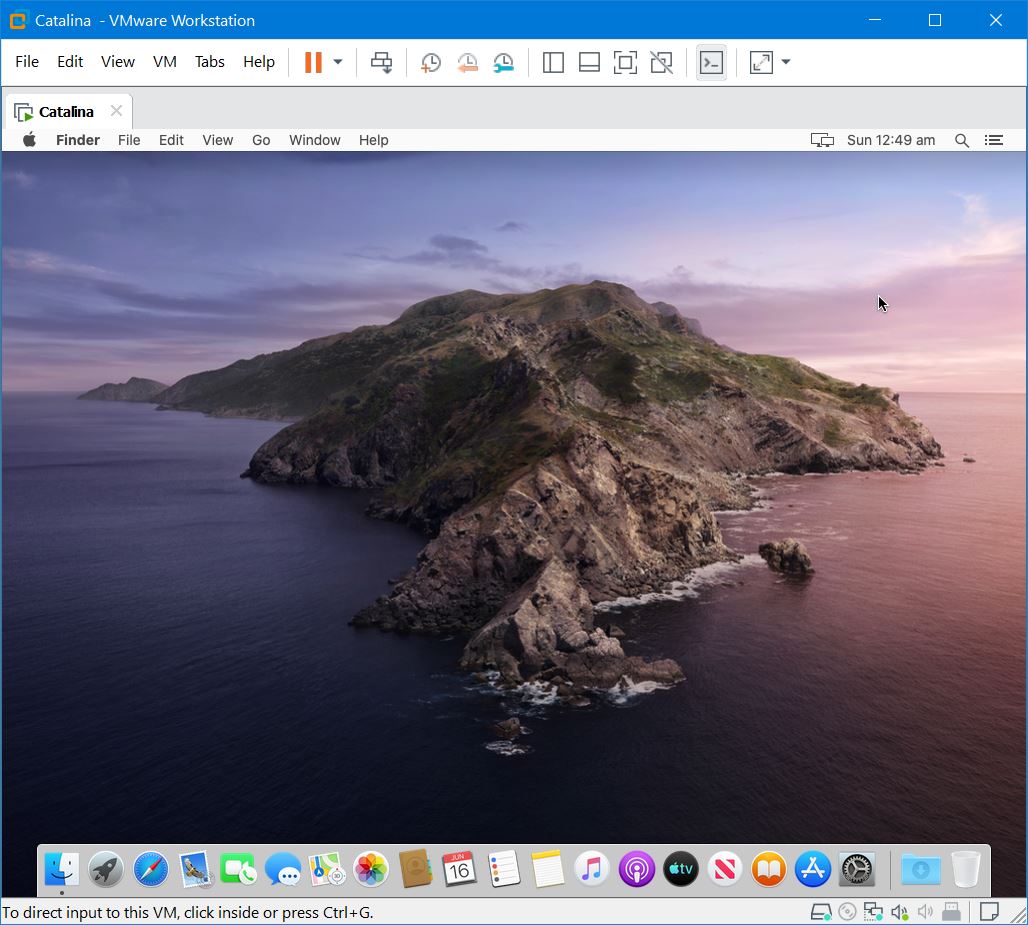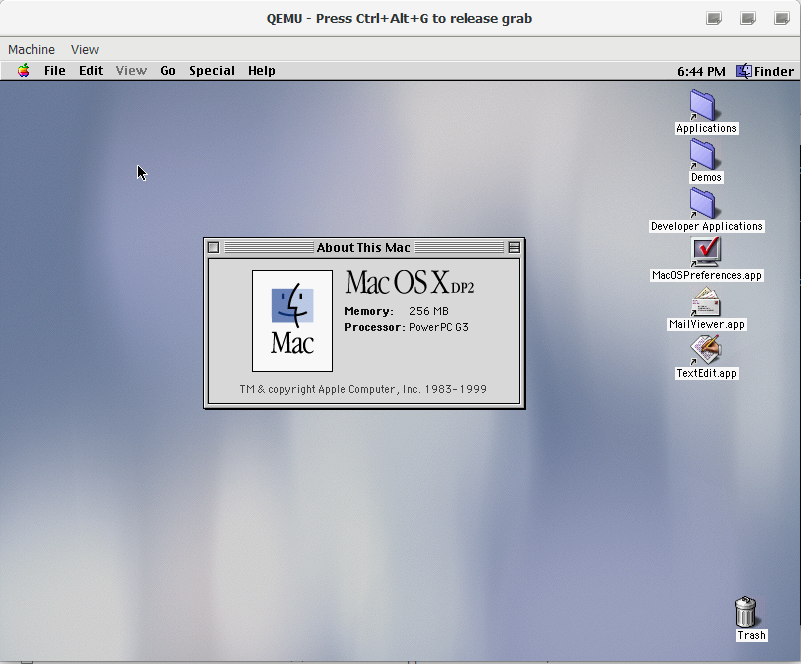You can install Mac OS X, OS X, or macOS in a virtual machine. Fusion creates the virtual machine, opens the operating system installation assistant, and installs VMware Tools. VMware Tools loads the drivers required to optimize a virtual machine's performance.
Mac OS X, OS X, or macOS virtual machines that you create in Fusion can run on any Apple-branded hardware that uses Intel processors. The Apple licensing agreement defines the situations when it is permissible to virtualize Mac OS X, OS X, or macOS. Fusion does not change these terms or enable macOS on non-Apple hardware. You cannot use a Mac OS X, OS X, or macOS virtual machine in another VMware product, such as Workstation Pro.
While you intend to set up macOS Mojave, macOS High Sierra, or macOS X El Capitan as a visitor operating system, on VMware workstation or player. Certainly, you will be asked to choose the os. As you may know, starting with Version 5, vSphere supports Apple Hardware running Mac OS X Server as a guest operating system. So, this group is about all related topics to the Mac OS X Support as the guest operating system.
Fusion supports the following Mac server and client versions for the guest operating system:Mac OS X Server 10.5, 10.6
- Mac OS X 10.7
- OS X 10.8, 10.9, 10.10, 10.11
- macOS 10.12, 10.13, 10.14, 10.15
Mac Os 9 Vmware
Fusion does not support the following features for Mac OS X virtual machines:


Mac Os 9 For Vmware Iso
- Multiple displays
- 3D Accelerated graphics
- Unity view
Mac Os 9 Games
To install the operating system, use the procedure for creating a virtual machine for any supported operating system. See Create a Virtual Machine for Any Supported Operating System.
